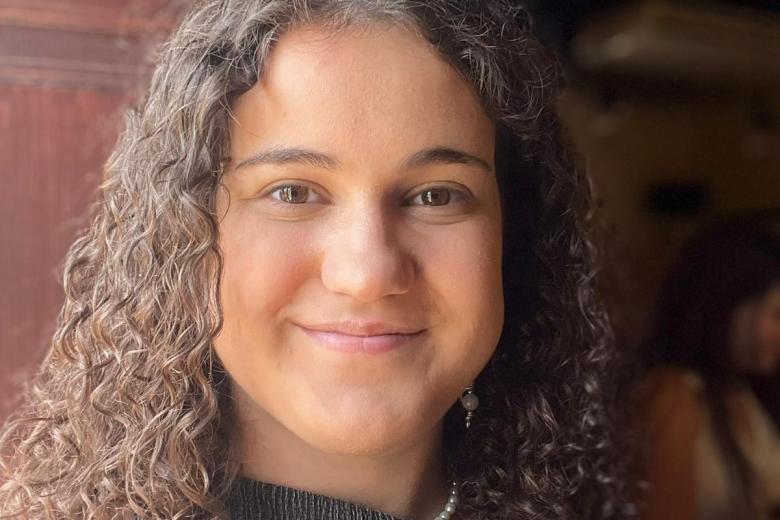Politics turns a deaf ear to science
'The tension between the scientific and political communities is generating fascinating insights,' says Gerjo Kok, who delivered his valedictory speech as professor of Applied Psychology at Maastricht University on 8 April. 'Politicians claim that their policy ideas are based on real life, despite researchers pushing to have their results included in the political decision-making process. Unfortunately, they don't always succeed,' says Kok.
A good example of this tension is the debate surrounding the use of graphic images and texts on cigarette packs. The underlying idea is that showing people unsettling images of blackened lungs will confront them with the effects of their behaviour and help them change it. In this case, that means cutting back on smoking or quitting entirely. The more unsettling the image, the greater the effect. The same method can be used to reduce the incidence of driving under the influence of drugs or alcohol.
However, Professor Kok believes that a very different conclusion can be reached when the issue is approached from a theoretical, scientific perspective. Human behaviour is influenced by four variables: severity, probability, treatment and self-confidence. These variables differ per person and each have a different impact on the end result. This means that someone with low self-confidence may be so unsettled by the pictures, that he or she starts smoking more to relieve the stress.
Behavioural change is extremely complex. Kok is a supporter of the method known as intervention mapping, which is used to develop, implement and evaluate practical behavioural interventions based on six theory- and evidence-based steps. 'There's no quick fix,' he says. 'It's unrealistic to expect social psychologists to summarise the principles of behavioural change so that people can develop their own interventions.' That's why Maastricht University is training psychology students to become fully-fledged behavioural scientists that can provide valuable input on issues of social and political relevance.
Also read
-
Alba Villagrasa Martín - The world of innovative personalised medicine
You must have heard about the extensive waiting lists for people who need organ transplants. Perhaps you spoke to someone dealing with limited mobility after a complex fracture. So, you worry about the future and what could happen if you fall ill or have an accident. But in the future, we’re heading...

-
Mental health services urgently need to address lifestyle
Mental health services need to increase investment in lifestyle interventions to improve care and narrow the 15-year life-expectancy gap for people with mental health conditions, according to a new report by The Lancet Psychiatry Commission. Maastricht University scientist Jeroen Deenik is one of...

-
Riding the waves of change: From a summer vacation to a life that feels as good as it looks
For SBE alumna Victoria Gonsior, one spontaneous decision: trying surfing sparked a journey of self-discovery, leading her to redefine success, embrace joy, and build a career that aligns deeply with her values. From quiet beaches in Sierra Leone to coaching sessions rooted in purpose, Victoria...